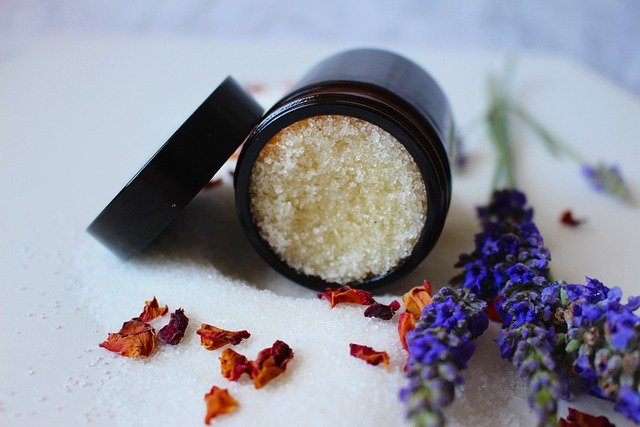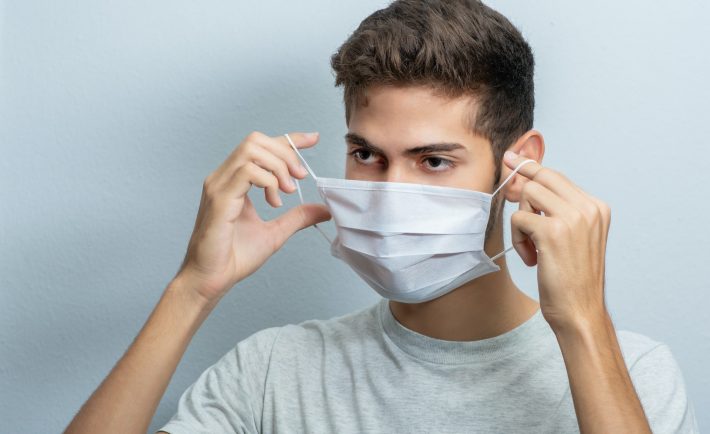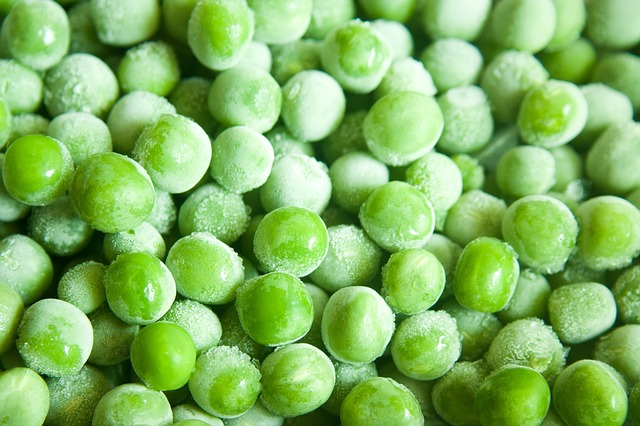Whether you are fighting breakouts or trying to regain your youthful glow, good skin care products can help you improve the appearance of your skin. Your skin routine is only as good as the products you use. High-quality and natural products are safe and efficient. It may come in different formulations for sensitive skin and other skin issues. Nonetheless, here are some of the ingredients that you can find in your kitchen!
#1: RICE WATER
Rice water is the water left after you cook the rice. It has been believed to be helpful in promoting a healthy-looking hair. Its earliest known use was over 1,000 years ago in Japan. Today, rice water gained popularity as an ingredient in skin treatment. I, for one, am using a Korean skin cleanser with rice water.
Rice water helps in soothing your skin and in protecting it from the harmful sun’s rays. Many websites recommend rice water for skin irritation caused by Sodium Laurel Sulfate (SLS). Moreover, it can be used to lighten the skin and reduce dark spots. A lot of commercial products incorporate rice water in their soaps, toners, and creams. In fact, a 2016 study showed that it was an effective sunscreen when combined with other plant extracts.
#2: TEA BAGS
Used tea bags can be used to reduce puffy eyes, to remove dark circles, to act as toner, and to scrub your skin. The caffeine content in tea helps to shrink blood vessels underneath the skin and further reduce dark circles around the eye. Simply wet two tea bags and place them on your eyes. Keep it in place for five to ten minutes. Do this regularly to reduce puff eyes and to lighten the dark circles.
Secondly, you may use your tea bag or tea leaves as a toner. The astringent properties of tea make it a great toner. Start by wiping a tea bag over your face. Then, wipe it away with a clean towel. Lastly, you can re-use the tea bag as a scrub. Cut it open and use it as a scrub. Wash it off with water and moisturize afterwards. The antioxidants present in the tea bags will help your skin feel smooth and soft.
#3: RAW HONEY
Raw honey is honey that has not been pasteurized or processed. It has higher levels of nutrients and minerals than processed honey. However, it may not be as safe to eat. You can use the raw honey for your skin instead. Honey contains natural enzymes that may remove dead cells on the skin. This is the reason why it can act as a natural exfoliator for your skin.
#4: LEMON
Lemon is a well-rounded ingredient that has antioxidant, antifungal, astringent, and brightening qualities. Lemon juice contains vitamin C, which helps reduce skin damage and pre-mature aging. Due to its high pH levels, lemon can also decrease oil on the skin and reduce inflammation. Not to mention, lemon contains acids that have the ability to naturally lighten the skin. Applying lemon on your skin may help lighten your acne scars and age spots.
#5: SALT WATER
Sea salts can act as a great exfoliant that opens pores for a deeper clean. It also allows your skin to better absorb moisturizers and increases blood circulation. If you have sensitive skin, salt water should be used for your body and not on your face.
#6: SUGAR SCRUB
I have been a fan of sugar scrubs ever since I used in on my lips. It can be used for your face too. The smaller particles make sugar easier on the delicate skin. Be very gentle when you are using the sugar scrub on your face.

Image credits: pixabay.com
Begin by rubbing the sugar scrub with your hands in small circles without applying too much pressure. You do not need to dissolve it first. Simply, rub it on the skin and wipe it off. How nice is that!






